Our staff are all pretty passionate about caring for our planet both at work and in their personal lives. So to celebrate Earth Day, we compiled a few of our personal favourite Green Actions.
None of us do everything “right.” But we’re trying, one step at a time, to protect our planet.
Here’s how…

Bethany: Vermicomposting
I’m fortunate enough to have a backyard compost which is great. But this winter, my bin was getting pretty full so I also started vermicomposting. Having these “pet worms” in my home, watching them reproduce, and seeing how fast they eat my food scraps is so fun. It’s also great knowing that my food waste isn’t contributing to GHGs emitted from food waste in the landfill.
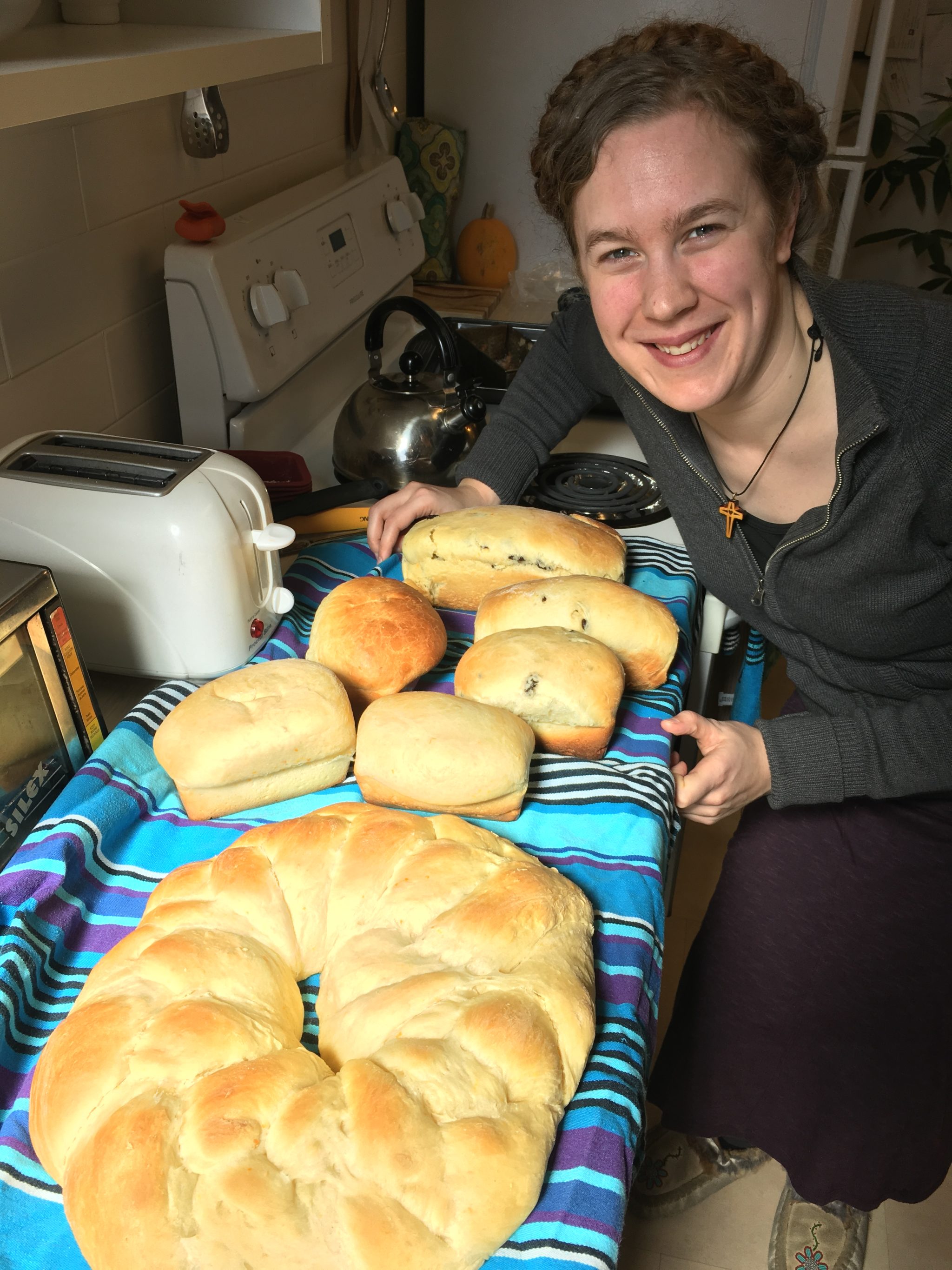
Teresa: Choosing Reusable
While it’s not possible (or at least easy) for every product, I love the feeling of using reusable containers and bags! I bring my lunch in (mostly) reusable containers; wash and re-use ziploc-style bags when I need them; and love using snackbags for fruit, cookies, and other “sides”. I bring my own bags to the grocery store and I don’t think I’ve ever had to spend money on them – cloth bags “happen”. I reuse them enough to offset the energy that goes into making them. I also have my own produce and bulk bags now for inside the grocery store, so I don’t need to collect those silly flimsy produce bags on rolls everywhere. I store leftovers in plastic and glass containers and jars. I’m not zero-waste – I still end up with items packaged in single-use packaging – but I enjoy finding ways to reduce that in conventional stores as well as figuring out how I can (properly) recycle as much as possible. Latest find? Cosmetic packaging recycling (including body-care products) through TerraCycle partners!

Heather: DIY
I like having control over the things I use and consume, while also ensuring I eliminate as much waste as possible. There are so many unknown chemicals and unnecessary packaging in the products sold to us, so I like to simplify things by making my own. Whether its reusable beeswax wraps, dish washer detergent, or beauty products, there are easy DIY recipes out there to make your own every day items and products. It’s also very budget-friendly!

Kristen: Supporting local food producers
I love knowing where my food comes from and knowing that it is being grown and/or raised in a way that’s environmentally friendly and sustainable. We sign up for a vegetable CSA share every year and receive organically grown vegetables starting in the spring all the way into the fall. It’s a great way to eat vegetables that you may not choose to eat otherwise. What we don’t get in our share, we try to visit farmer’s markets for. We purchase all of our meat (chicken, beef, pork, and lamb) from a small Manitoba farm and have also signed up for an egg share with those farmers in which we receive farm fresh, free run eggs every two weeks. It’s so satisfying supporting the local economy and small businesses.
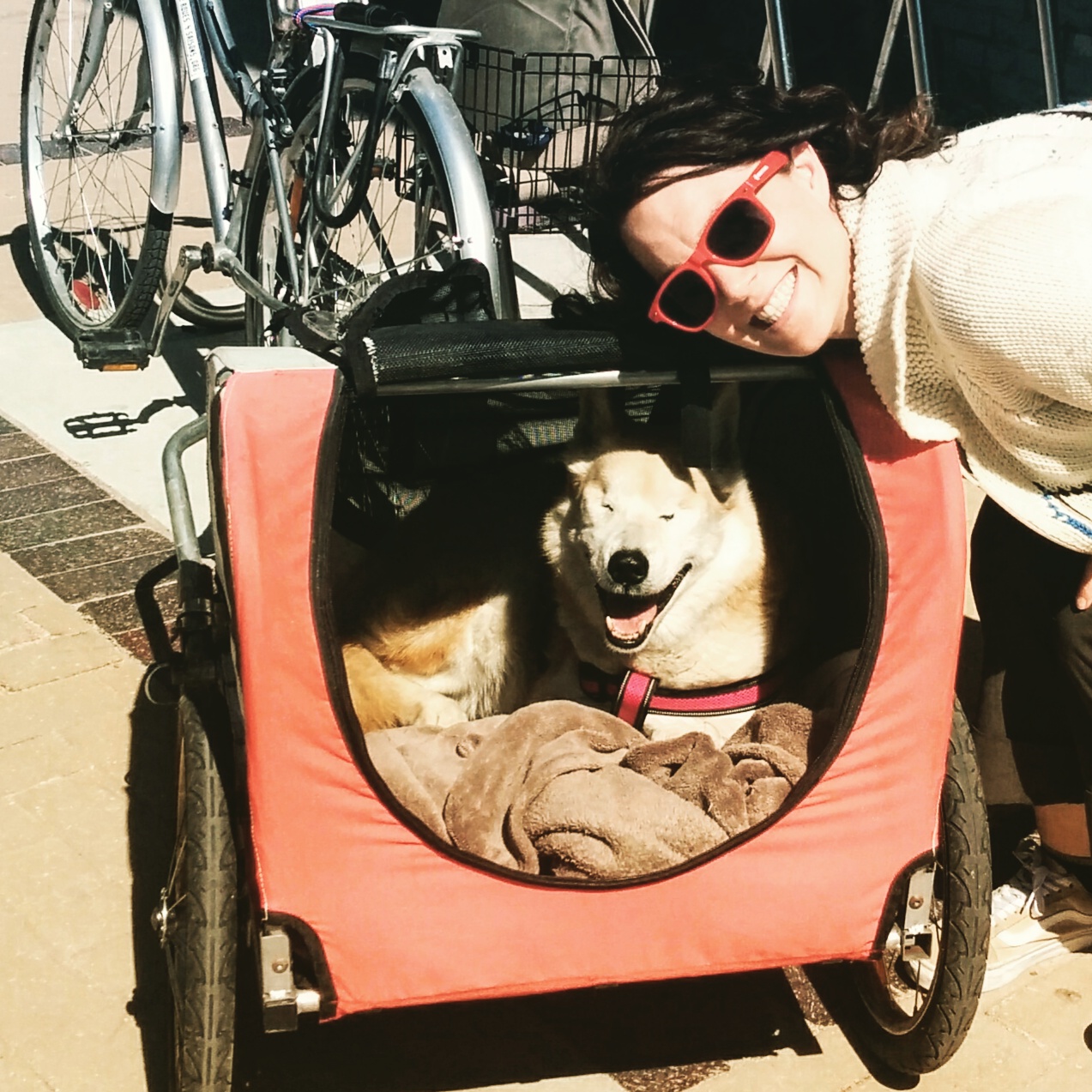
Mel: Using my bike or the bus for most trips
I started using my bike for a majority of my trips about 8 years ago, and then 3 years ago I started biking through the winter. I love it! Winnipeg has a long way to go to make this a practical choice for a majority of people, but if you can reduce your car dependency, I encourage you to try. It’s a huge time saver as I get plenty of exercise without having to go to the gym, and I save a ton of cash. When needed, I use transit or my Peg City Car Co-op membership. Not having to wake up early to shovel out your driveway and hope your car will start is a freedom all Winnipeggers should experience. You will never go back!
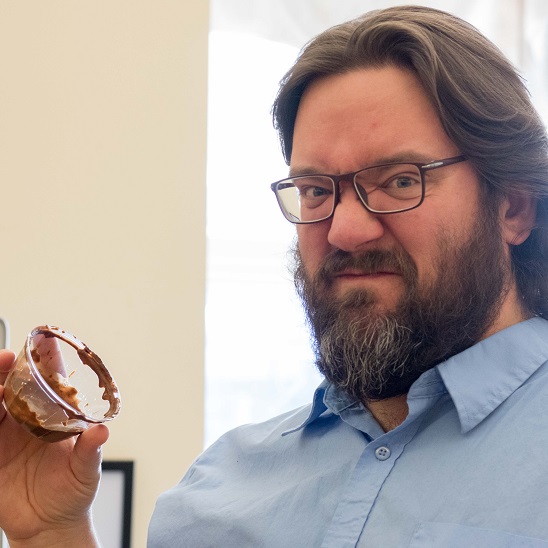
Jaret: Avoiding palm oil
Palm oil is a cheap and reliable source of cooking oil, and in many places a key component of biodeisel. However, palm oil production has proven itself to be a major environmental disaster. It may be cheap to produce, but at what cost? Acres of pristine forest are burned down daily to open up land for palm farming. Palm oil is tough to avoid as it is found in many processed foods and especially baking. When at the store, we always read ingredient lists, avoid palm oil, and try to purchase products that use other oils (like canola, which isn’t perfect, but it is local).
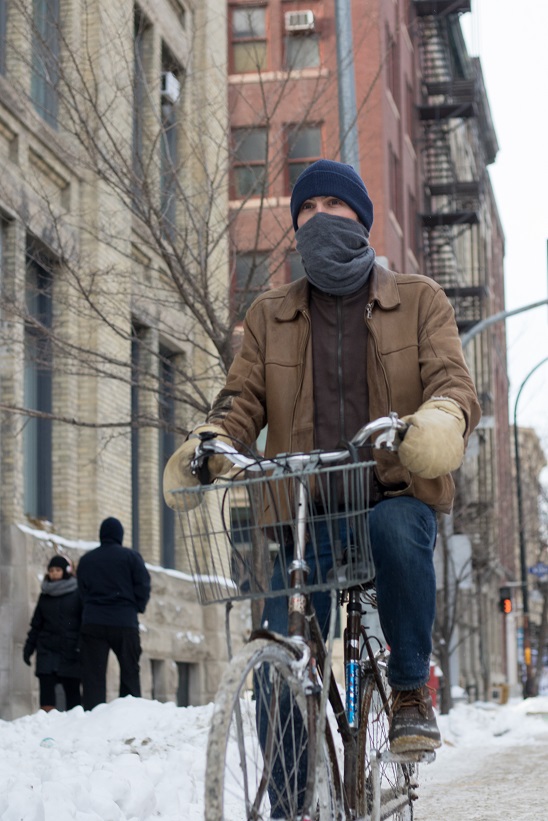
Sean: Learning about green urbanism
The way we build our communities can dramatically affect how we get our food, get around, interact with one another. Cities everywhere are exploring creative ways to reduce the environmental impact of people living there, and quite often we can apply these lessons in our own communities! Whether it’s green roofs, traffic calming, better transit systems, bike lanes, or community gardens, the more I learn, the more I’m able to imagine things being different and take action to make changes.

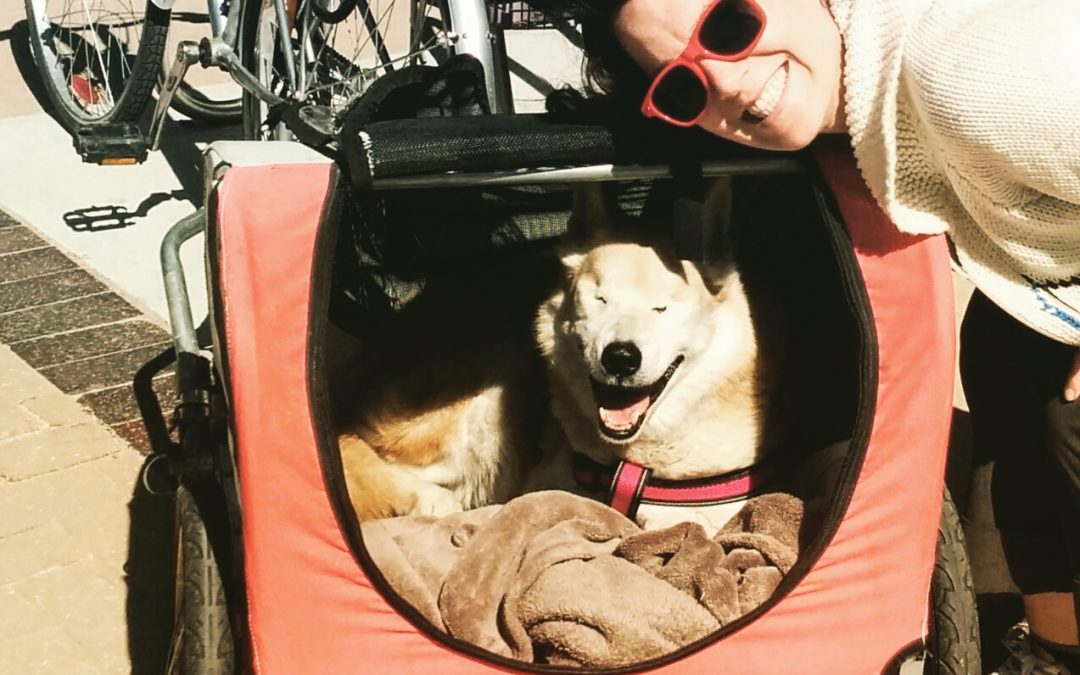


Recent Comments